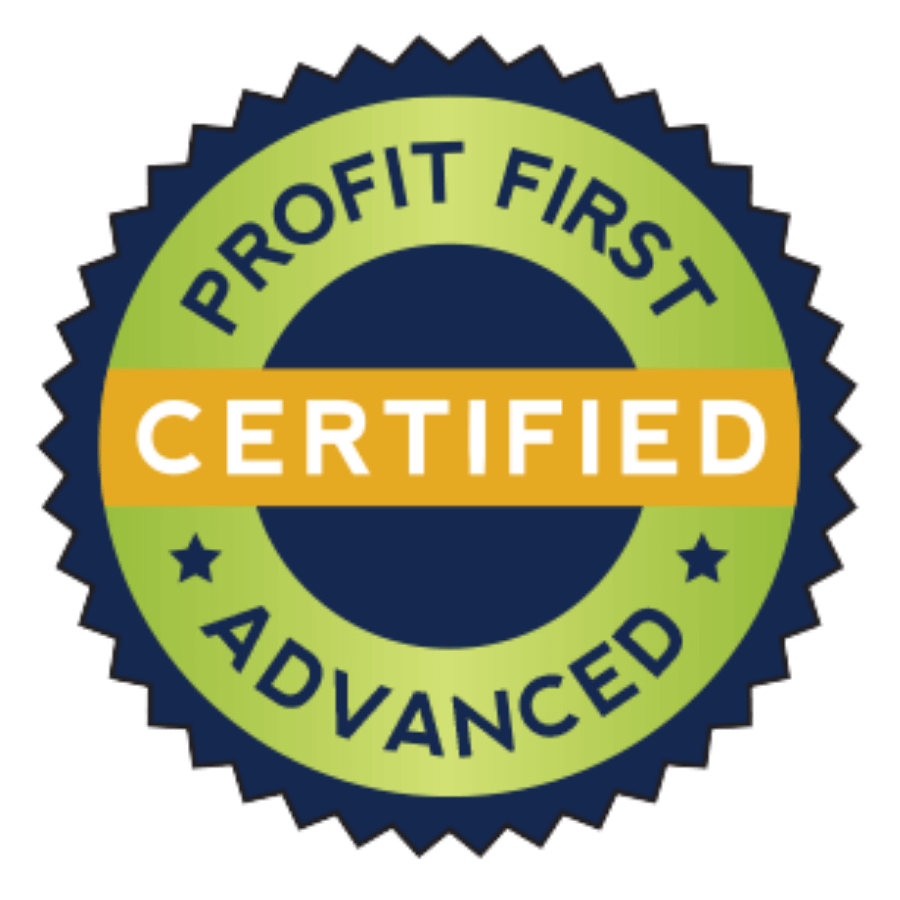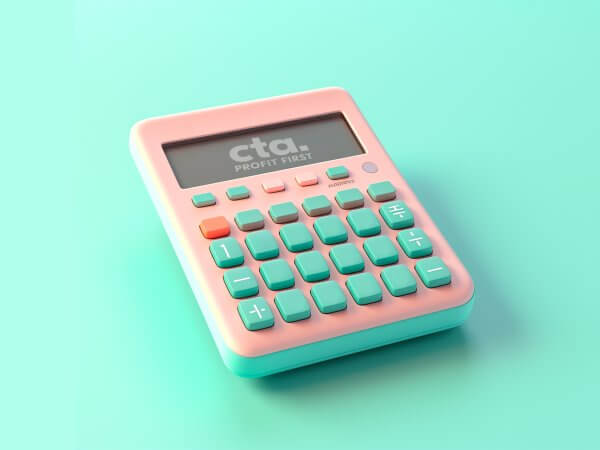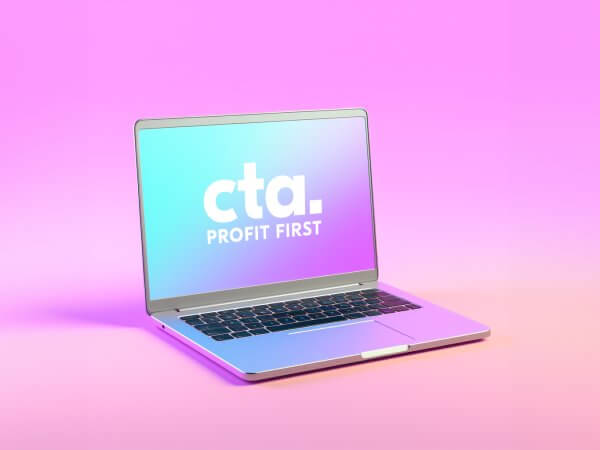What is a sole trader?
Jump to:

What is a sole trader / self-employed person?
If you are starting a business for the first time then you may have conducted your own research online and come across the phrase sole trader, self-employment, partnership and limited company.
What’s the difference between a sole trader and a self-employed person?
There is, in fact, no real difference as they are one of the same thing! If you decide to become self-employed and you do this on your own and not in partnership with another person then you are in fact a sole trader. If you decided to form a partnership with someone else then you would still be self-employed but would no longer be a sole trader, you would be in a partnership.
Responsibilities
The buck simply starts and ends with you. There’s no one else to blame if something were to go wrong. So any bills, legal issues and regulatory requirements are all your personal responsibility.
Do I need to register with HMRC?
Yes if you intend to start trading as a self-employed person with HMRC then you will be required to register with HMRC. HMRC advise you to register within 3 months of trading. However, as national insurance (class 2) is no longer paid during the tax year the ultimate deadline is for you to submit a tax return and pay your taxes by 31st following the end of the first tax year for your business (more on this later!).
How Do I register with HMRC as a sole trader?
This link with HMRC explains exactly how you can register with HMRC as a self-employed person.
Should I register as a sole trader?
This is a common question for our new start-up business clients and part of the wider discussion of which business structure is best for you. The other main option is to set up your own limited company. You can do this yourself or we can take care of it for a small fee and include the appropriate tax advice. The key advantages in setting up as a sole trader are;
- It is very easy to get going
- You do not legally need to set up a designated business account (although we think this is a good idea)
- You have simplified bookkeeping requirements
- You do not have the responsibilities of a director of a limited company
- It is more cost-effective than running a limited company (it is cheaper!)
- It is generally less stressful
- There is less to learn as a business owner
- It is quicker
- You can always set up a limited company later on
- There can be VAT savings in setting up a sole trader first
Questions?
Book a discovery call from the button above and we can discuss your personal needs at no cost












